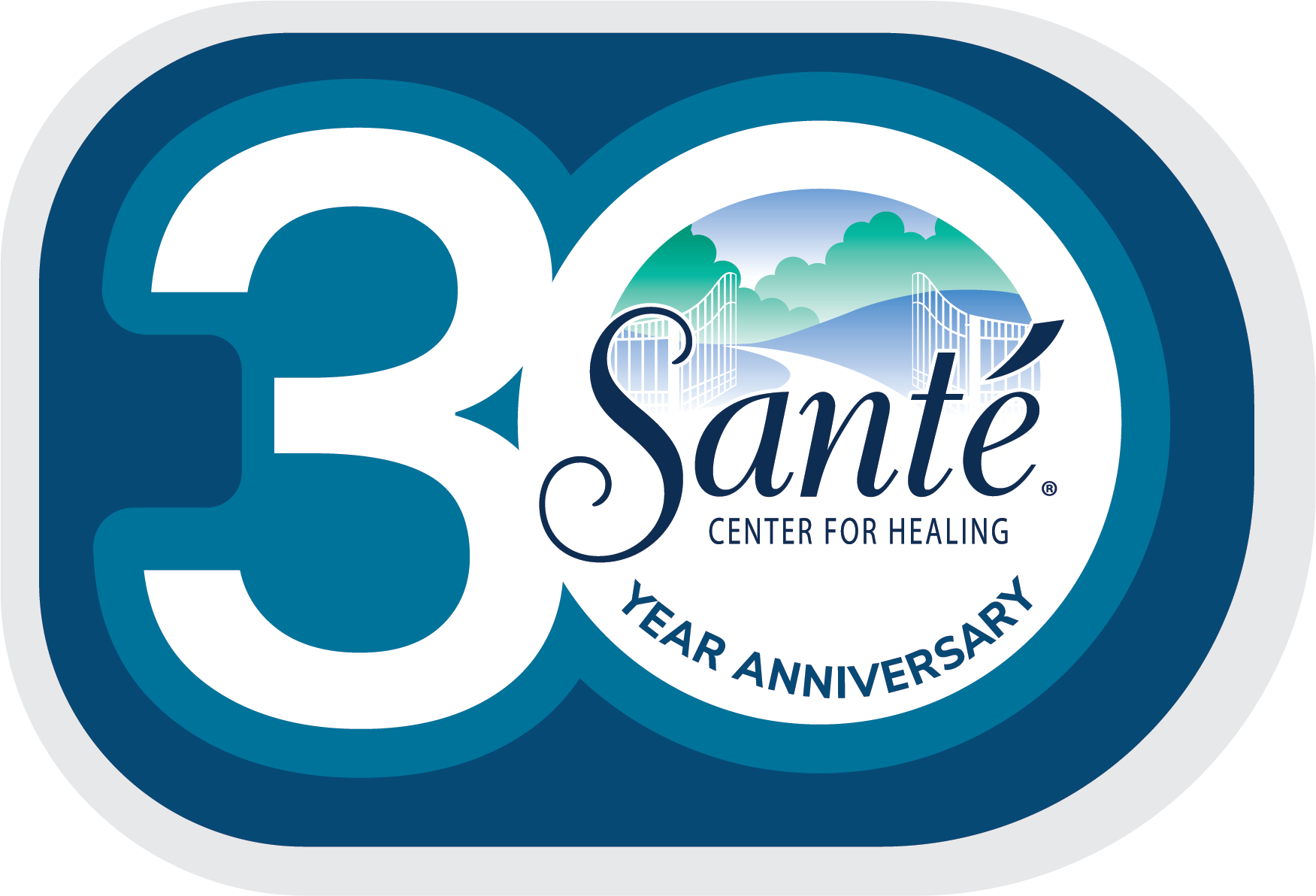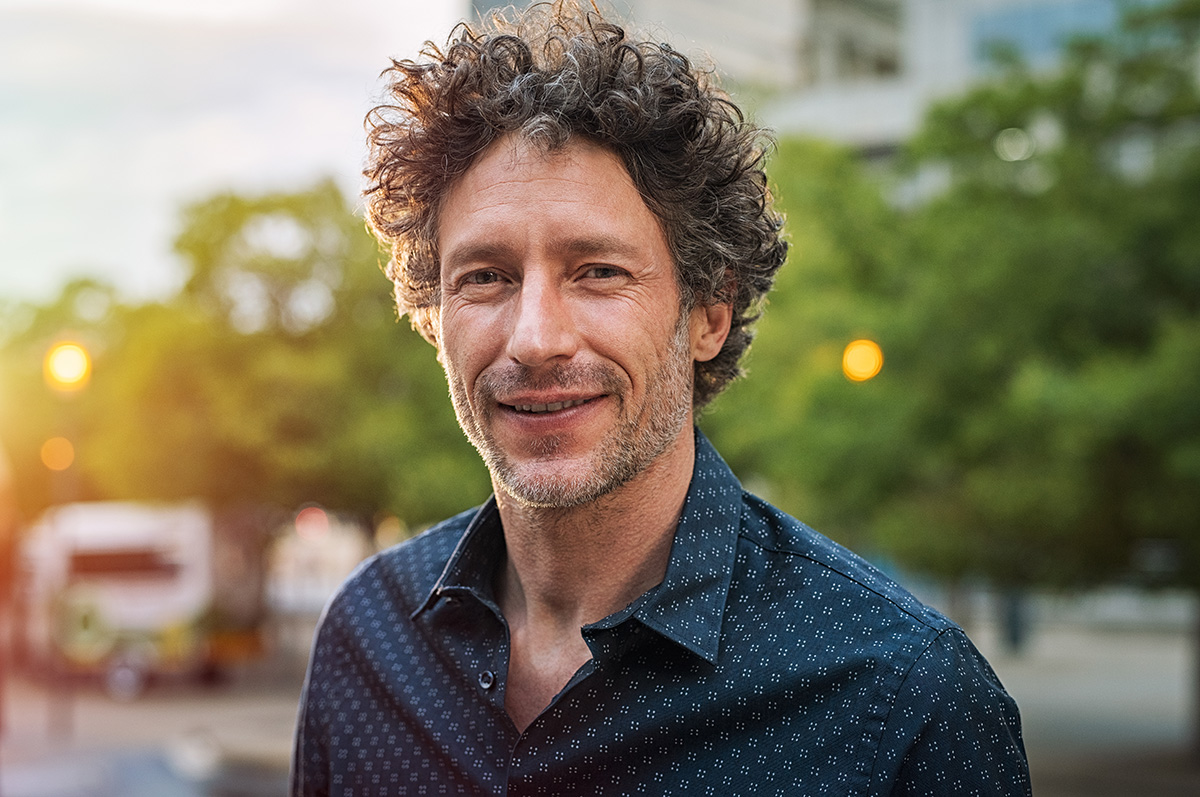If you’re currently in treatment for addiction, you may be carrying a heavy emotional burden: shame. For many clients, shame is a silent, persistent companion on the path to recovery. It can stem from things you’ve done in the past, choices you made when you were actively addicted that you now regret, and relationships that may have suffered as a result. Or, you may have shame about needing the help of a recovery program in the first place. Maybe you think you should be able to kick addiction on your own. At Santé Center for Healing, we believe that true healing happens not just with detox and therapy—but with developing shame resiliency, the ability to face painful parts of our past without being consumed by them.
Shame is detrimental to recovery
Shame in recovery is more than a passing feeling of regret and it can actively hold you back from the progress you’re capable of making. Unlike guilt, which says “I did something bad,” shame whispers, “I am bad.” This internal narrative can be especially loud in early recovery, where clients are often revisiting difficult memories and situations in which their addiction played a central role.
Since shame makes people believe they’re fundamentally flawed or unworthy, it can also convince them that they aren’t able to conquer addiction, either because they aren’t worth living a better life, or because they aren’t capable.
At Santé Center, we meet clients where they are—with compassion, not judgment—because we know that everyone deserves a second, third, or even fourth chance to make a change. We believe in your ability to transform your life.
4 ways shame holds people back in recovery
Unchecked shame can sabotage your healing. When shame is left unaddressed, it can:
1. Leads to relapse as a way to numb the pain
When people are overwhelmed by shame, they typically feel an urge to escape or hide. For people in recovery, that can mean returning to substances as a form of emotional numbing. Even after they’ve made it through a significant challenge like detox, the emotional residue of shame can create intense feelings of remorse for past mistakes. Without tools for processing these difficult feelings, the relief that substances bring can be too tempting to ignore.
2. Leads to isolation
Shame tells you that you’re not deserving of love, friendship, or anything good in your life. This belief can cause some people to withdraw from others. For someone in treatment, like-minded community is crucial. They’re the people who will stand by you in sobriety post-treatment and become friends who truly “get it.” But these types of supportive relationships can’t flourish when someone believes they aren’t worth the time and effort. At Santé Center for Healing, we emphasize group therapy and community engagement because connection is essential.
3. Decreases your motivation
Recovery takes work. But shame can zap the energy you need to believe in yourself and stick with the process. If you’re constantly telling yourself that you’re “broken” or “not good enough,” it becomes harder to find motivation. You may start to question whether you even deserve to get better. Our therapists help you challenge these destructive beliefs through evidence-based therapies like cognitive-behavioral therapy (CBT) and dialectical behavior therapy (DBT), among other modalities.
4. Prevents you from fully engaging in therapy
Effective therapy depends on honesty and vulnerability. But shame tells you to hide. You might avoid opening up in sessions, skip group therapy, or minimize your experiences out of fear that others will think less of you. Unfortunately, this limits your progress. At Santé, our trauma-informed care approach ensures that clients feel emotionally safe to share anything. No judgment. Just a steady invitation to experience true healing.
Shame often walks hand in hand with trauma, depression, or anxiety. That’s why we take a dual diagnosis approach for clients dealing with co-occurring disorders, helping to address the emotional roots of both addiction and mental health.
Therapeutic Tools to Heal Shame at Santé
At Santé Center, we see addressing shame as a clinical necessity—not an afterthought. Our licensed clinicians use evidence-based therapies that help reframe negative thinking and promote emotional healing:
- Cognitive behavioral therapy (CBT) and Dialectical behavior therapy (DBT) help challenge the internal narrative of shame and replace it with healthier thought patterns.
- Eye movement desensitization and reprocessing (EMDR) is used to safely process trauma that often lies at the root of addiction and shame.
- Group therapy and psychodrama therapy create a safe space for sharing your story, building connections, and realizing that you are not alone in your pain.
All of these approaches are led by professionals trained in trauma-informed care and administered with respect and compassion.
Find emotional healing at Santé Center today
You are not your past. No matter what brought you to Santé Center, your story isn’t over—and shame doesn’t get to write the ending.
Our beautiful, 16-acre campus in Argyle, Texas, offers a peaceful environment designed to help you focus on your new life, and begin building memories you’re proud of. Call us 866.238.3154 today or fill out our online form.


